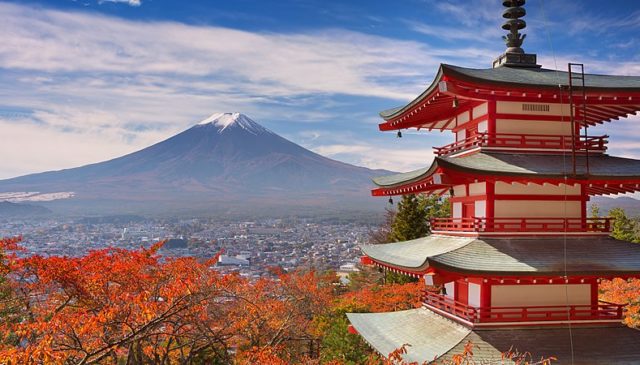
Cannabidiol’s popularity is not limited to the West. Interest in CBD is growing worldwide, including Japan. Japanese law prohibits recreational cannabis, but certain types of CBD are allowed.
Many jurisdictions that legalize CBD focus on hemp rather than cannabis plant material. This is because hemp naturally contains significantly less tetrahydrocannabinol (THC) than normal cannabis plants.
However, Japanese law works differently. The country’s Cannabis Control Act prohibits the use of cannabis flowers and leaves, but makes exceptions for the stems and seeds of the plant. Even in THC-rich cannabis plants, most of the psychoactive compound is concentrated in the flowers. The stems contain almost no THC. CBD is legal in Japan if it does not contain THC and is made from cannabis stems or seeds.
But it can be Japan Relaxation of its rules about cannabis in general. The government recently paved the way for cannabis-based drugs. The country’s hemp farmers expressed the hope that the new regulations would lead to more freedom in the industry.
“The release of medical cannabis is good news for patients and opens the way for research development and raw material production,” said Harumi Kikuchi of the Hokkaido Industrial Hemp Association (SLEEVE).
“We are also looking forward to the discussion about the revision of the Cannabis Control Act, which will allow the cultivation of industrial cannabis to be expanded.”
Earlier this year, the HIHA published a four-page letter calling Japan’s Cannabis Control Act “obsolete” and asking for updated laws. Specifically, the organization requires permission to sell hemp flowers and leaves.
“It is unreasonable to ban the use of flowers or leaves that do not contain THC and this element of the law should be abolished,” the association wrote.
If Japan revised its law to allow CBD from hemp plants rather than just the stems, it would open the market to foreign brands.
Image source: Wikipedia
The post CBD in Japan … what’s the status? appeared first CBD health and wellness.
